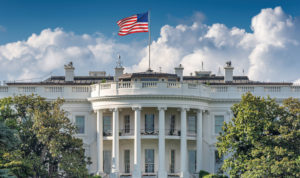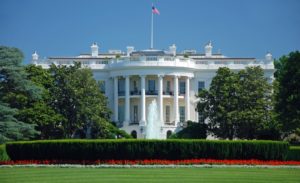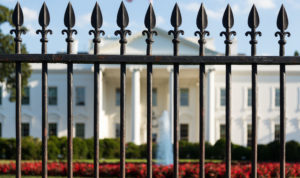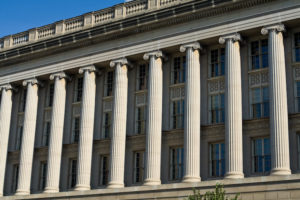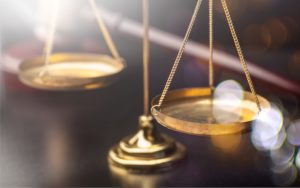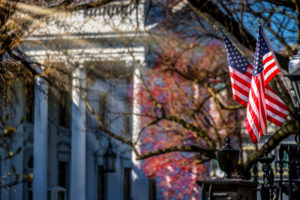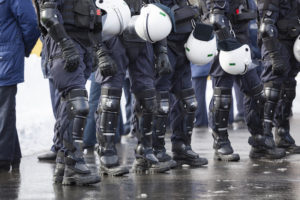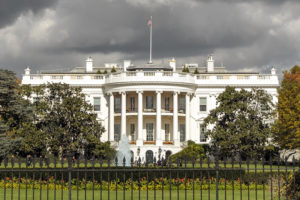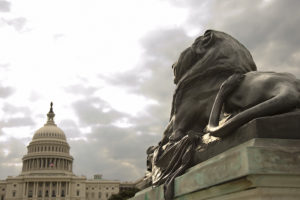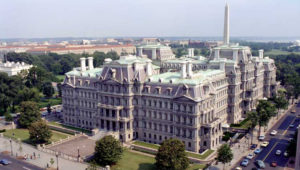Subdelegating Authority in the Executive Branch
Scholars argue that career officials in the executive branch have significant decision-making power.
“Rollback Whiplash” and a Two-Year Presidency
Scholars argue that rollback tools mean Presidents must act fast to implement lasting policy.
A Decade of Political Swings, and Consistency
Presidential administrations have taken dramatically different approaches to regulation over the last ten years.
Reason Trumps Pretext
Requiring government institutions to engage in reasoned decision-making mitigates actions made in bad faith.
Politics, Prosecutors, and Procedural Fairness
President Trump contravenes fundamental fairness by exerting political pressure over prosecutors.
Presidential Authority and the Antiquities Act
Scholars contend that the President may revoke monument designations made during previous administrations.
Can President Trump Get Rid of Robert Mueller?
Scholars assess President Trump’s claim of authority to fire special counsel Mueller.
Improving Regulation of Police Use of Lethal Force
Scholar argues that policymakers should apply the substance of executive branch lethal force regulations to the police context.
Executive Power and the CFPB
D.C. Circuit weighs constitutionality of the consumer financial watchdog’s organizational structure.
Getting Back to the Basics with Agency Rulemaking
The United States needs a bipartisan push to bring transparency and accountability back into the rulemaking process.
Why Cabinet Secretaries Should Not Threaten Members of Congress
Basic principles of American government limit the political role of administrative agencies in legislative debates.
Mulvaney Is Right to Call for More Money for OMB
Expanding a White House office could help shrink the whole federal government.

